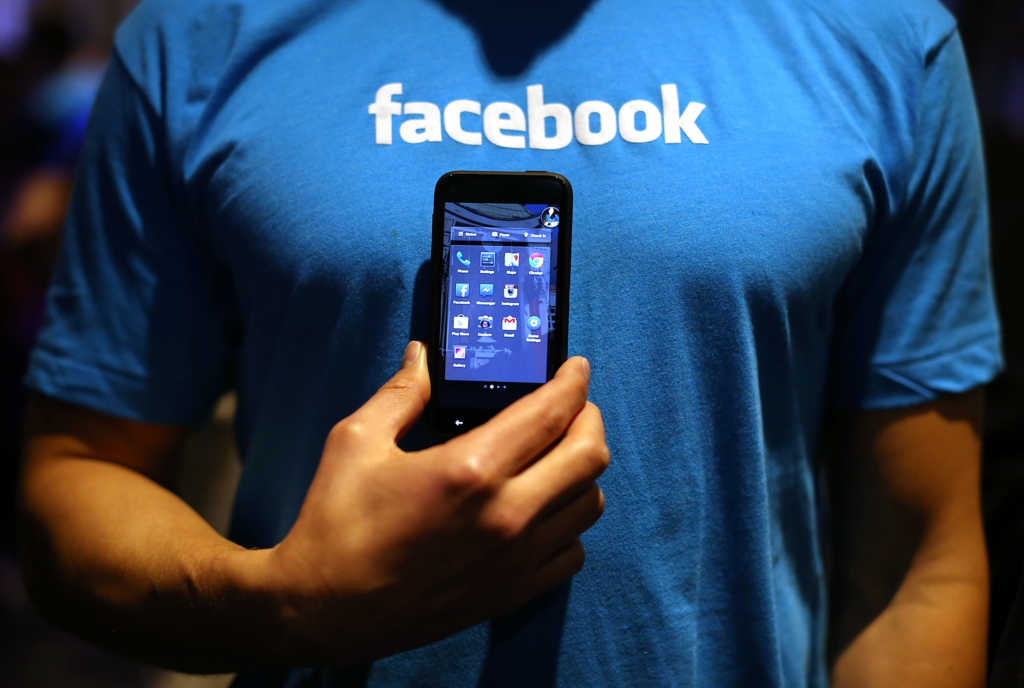In the aftermath of the contentious presidential election, Facebook reportedly made an “emergency change” to its algorithm, which resulted in the suppression of content from “hyperpartisan” outlets.
Employees at Facebook are now asking if the “nicer news feed” can stay in place long term, according to a Tuesday report from The New York Times.
The changes — part of the California-based company’s “break glass” plans to thwart what it sees as the spread of disinformation — utilizes a “secret internal ranking” of publishers Facebook has compiled based on “signals about the quality of their journalism.” The algorithm suggests outlets like “CNN, The New York Times, and NPR” are objective arbiters of information. As a result, it downgrades content from so-called “right-wing” sources.
From The Times:
It involved emphasizing the importance of what Facebook calls “news ecosystem quality” scores, or N.E.Q., a secret internal ranking it assigns to news publishers based on signals about the quality of their journalism.
Typically, N.E.Q. scores play a minor role in determining what appears on users’ feeds. But several days after the election, Mr. Zuckerberg agreed to increase the weight that Facebook’s algorithm gave to N.E.Q. scores to make sure authoritative news appeared more prominently, said three people with knowledge of the decision, who were not authorized to discuss internal deliberations.
The change was part of the “break glass” plans Facebook had spent months developing for the aftermath of a contested election. It resulted in a spike in visibility for big, mainstream publishers like CNN, The New York Times and NPR, while posts from highly engaged hyperpartisan pages, such as Breitbart and Occupy Democrats, became less visible, the employees said.
While initially not designed to be permanent, Guy Rosen, vice president of integrity for Facebook, said during a call with reporters last week that the platform is tracking the impact of the changes and will use that information to inform future decisions.
The Times, which benefits from the Facebook policy, described the shift as “a vision of what a calmer, less divisive Facebook.”
A spokesperson for Facebook said there “are tension in virtually every product decision we make and we’ve developed a company wide framework called ‘Better Decisions’ to ensure we make our decisions accurately, and that our goals are directly connected to delivering the best possible experiences for people.”



